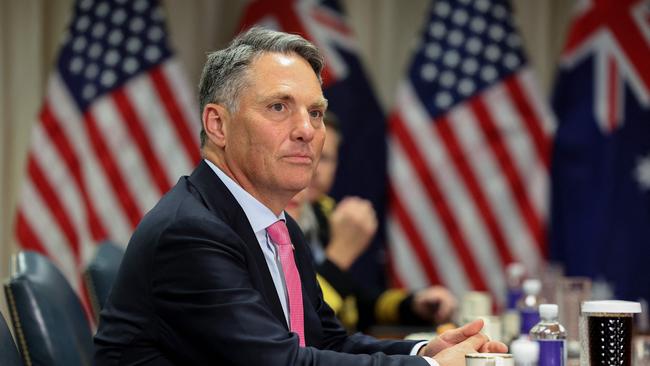
AUKUS, you’ll recall, is meant to see the US sell us three to five nuclear-powered submarines while we develop, with the Brits, a program to build in Adelaide new nuclear subs to take the fleet to eight. AUKUS pillar two is meant to drive our seamless integration into the American and British industrial base so we become a heaving behemoth of production, such that we’re never again short of weapons.
How’s it all going?
So far, it has produced absolutely nothing. Pillar two, I’ve heard at countless defence conferences, can produce the “early wins” that will show the public its value. AUKUS pillar two is trying in part to solve a problem that substantially didn’t exist.
Former prime minister Malcolm Turnbull observes that as far as he is aware there’s no military technology that Australia ever asked the Americans for that they refused to give us, including nuclear submarines, because we never formally asked.
In reality pillar two has little prospect of delivering anything substantial because we are not spending on, or ordering, any new capability. The idea is it might lead to our selling more exports into the US market. However, to secure this we are legislating to impose in effect all the burdensome, labyrinthine restrictions the US imposes on its defence exports on to our own industry.
This may or may not help us sell stuff to the US but it probably makes it harder for us to do business with Japan, South Korea and Europe. It’s also more difficult, even dangerous, for non-defence firms to bring their technology into the defence space because they suddenly have a whole new raft of regulatory requirements they must meet. And it’s still by no means clear the US congress will ever accept the idea they should establish jobs in Australia rather than jobs in their own congressional districts to supply basic US defence needs.
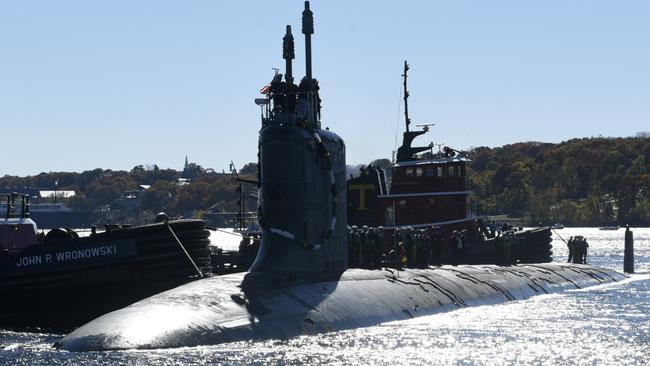
There are other ways the security trends are against us. There’s no evidence that congress will actually decide some time next decade to sell us three Virginia-class nuclear submarines. Similarly there’s no evidence the Albanese government is making serious preparations to achieve that.
The Americans almost certainly won’t sell us a nuclear submarine unless we promise we’d commit it to any serious military engagement the Americans were involved in within our region.
In the event of such conflict, I think we should and would support the Americans. But we can’t make such a commitment in advance or we cease to have sovereignty over our own defence forces. Similarly, we can’t make such a commitment in secret because the Americans selling us the subs couldn’t use a secret commitment to reassure their own people.
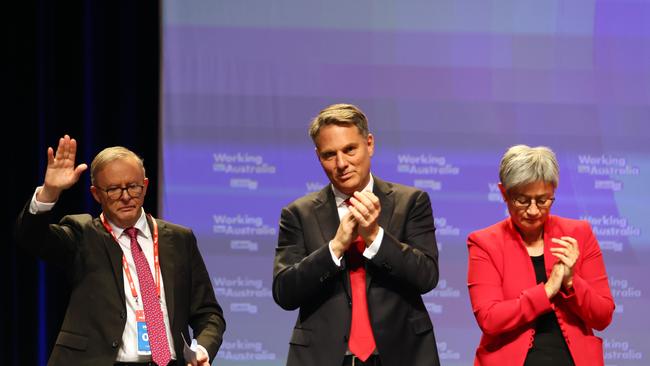
The more you look at it, the more it seems that AUKUS, for all three governments, functions primarily as symbolism.
After the Kabul debacle, Joe Biden needed a big, strong security announcement. For the Brits, AUKUS was a wonderful post-Brexit global moment. And for both Washington and London it looked like Australia was willing to pay them a lot of money.
So the politics of the announcement worked very well for the US and Britain.
In Australia, the Morrison government never made any effort to sustain support for the French submarine, so the AUKUS announcement gave it a rabbit to pull out of the hat, a way to abandon the French sub, which had become unpopular. On top of that, it made it look as though the Morrison government was doing something vastly important in defence, whereas it had allowed our real capability to wither and made no effort at all beyond AUKUS.
The Albanese government has now made a similar decision as Scott Morrison did. It thinks that because it has signed up to the symbolism of AUKUS it doesn’t have to do anything else at all, even, as it turns out, prepare seriously for AUKUS by, say, choosing and establishing an east coast nuclear submarine base, to take just one obvious example.
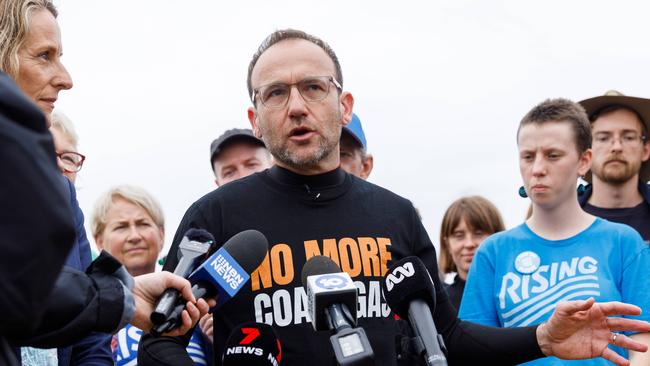
The newly parlous political position of the Albanese government feeds into this slowly unfolding security debacle. One bad poll, which the Albanese government has just experienced, is no reason for Labor to panic. John Howard was behind in polls for much of his prime ministership.
The Albanese government still has a solid chance of being re-elected. Peter Dutton has an outside chance of snatching government back after one term. But the most likely result at this stage, and we’re still a long way out, is a hung parliament, with Labor dependent on the teals and the Greens.
Albanese should certainly declare that he will never do any coalition deal with the Greens under any circumstances. But if, God help us, he should become reliant on Adam Bandt for supply, that’s the effective end of AUKUS. However, AUKUS was never meant to result in the government not doing anything else in defence. But look at the three services. At this stage we’re not going to get Tomahawk missiles on the Collins-class subs.

Each Collins is going to be out of the water for substantially more than two years for their life-of-type extension. We don’t get a new surface combatant ship until the first of the disastrous Hunter-class frigates arrives in a decade’s time at best. And the main force structure decision of the Defence Strategic Review is that we’ve scrapped the final squadron of F-35 Joint Strike Fighters we had always planned to acquire.
The army is tiny and the military continues to lose people at an alarming rate.
Labor is spending less money than the Coalition planned to on defence, yet in the long run is planning a massive diversion of funds to nuclear-powered submarines. Former foreign minister Alexander Downer believes these boats will never be built in Australia.
Yet there’s little reason to think the Liberals would necessarily be any better. Opposition defence spokesman Andrew Hastie has to convince his side to commit to real, extra money if he’s going to promise greater capability.
As an ex-army officer, he also has to demonstrate he can transcend the army view of Australian defence, which holds that the navy and air force are there only as niche supplements to the Americans. Paul Dibb rightly argues that their core task, with additional missiles and drones, is to provide for deterrence through denial by our own firepower.
Right now, neither side of politics has a skerrick of credibility on any of this.


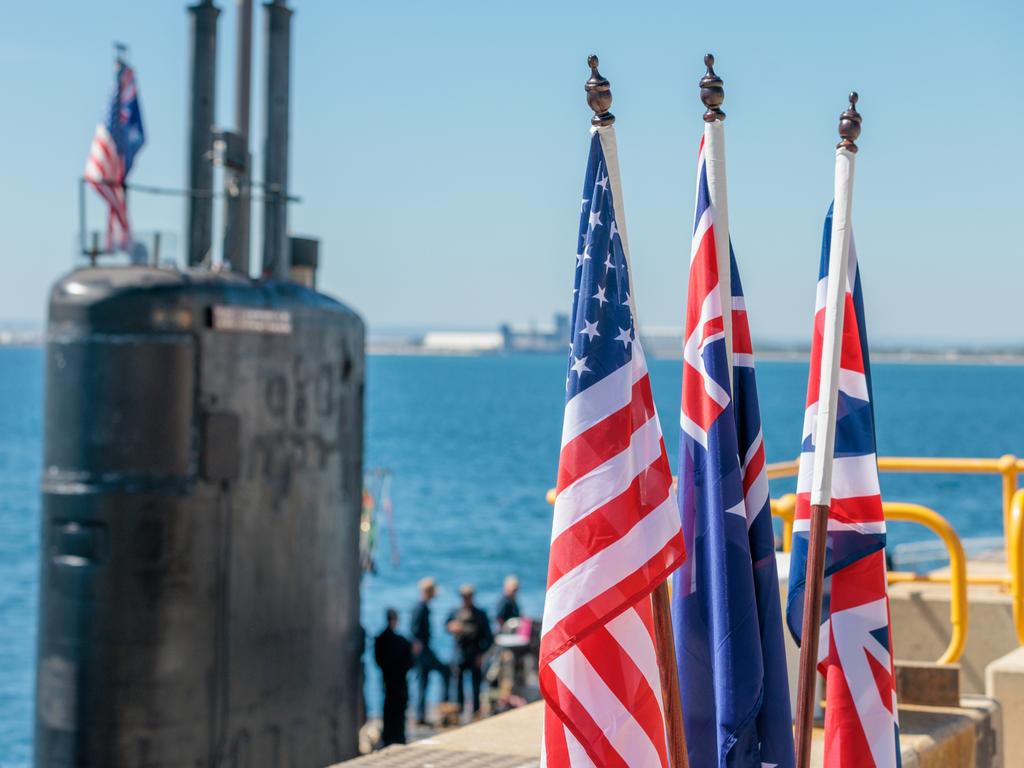

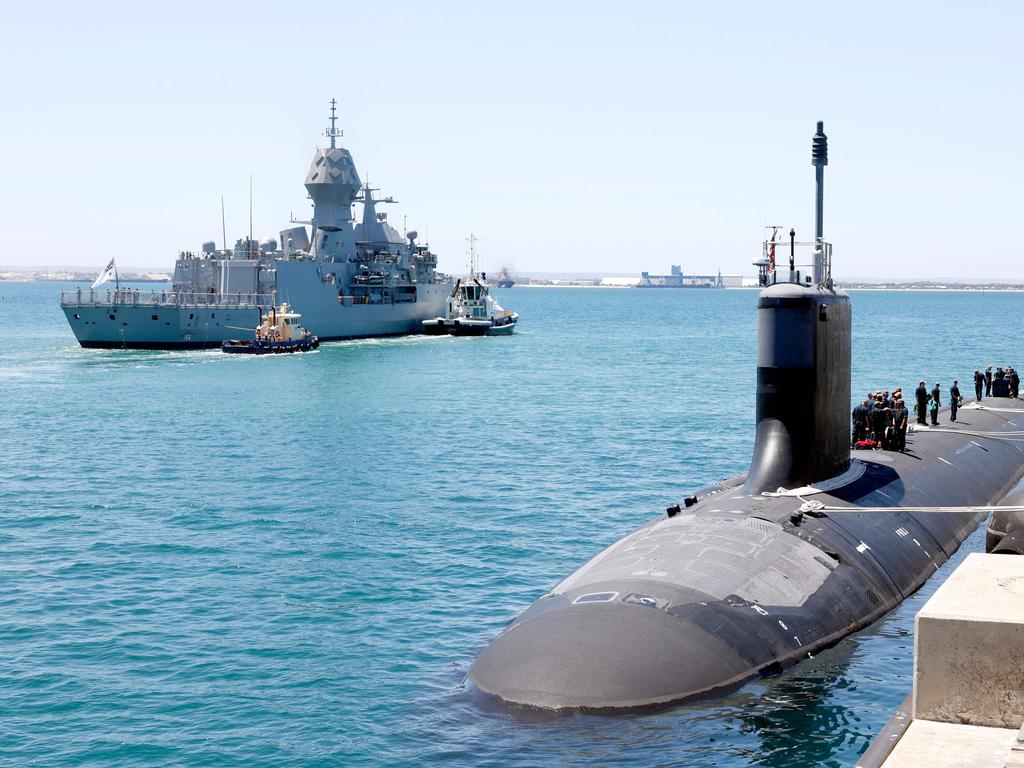



This column wants to send a happy birthday wish to AUKUS, which just turned two years and two months.